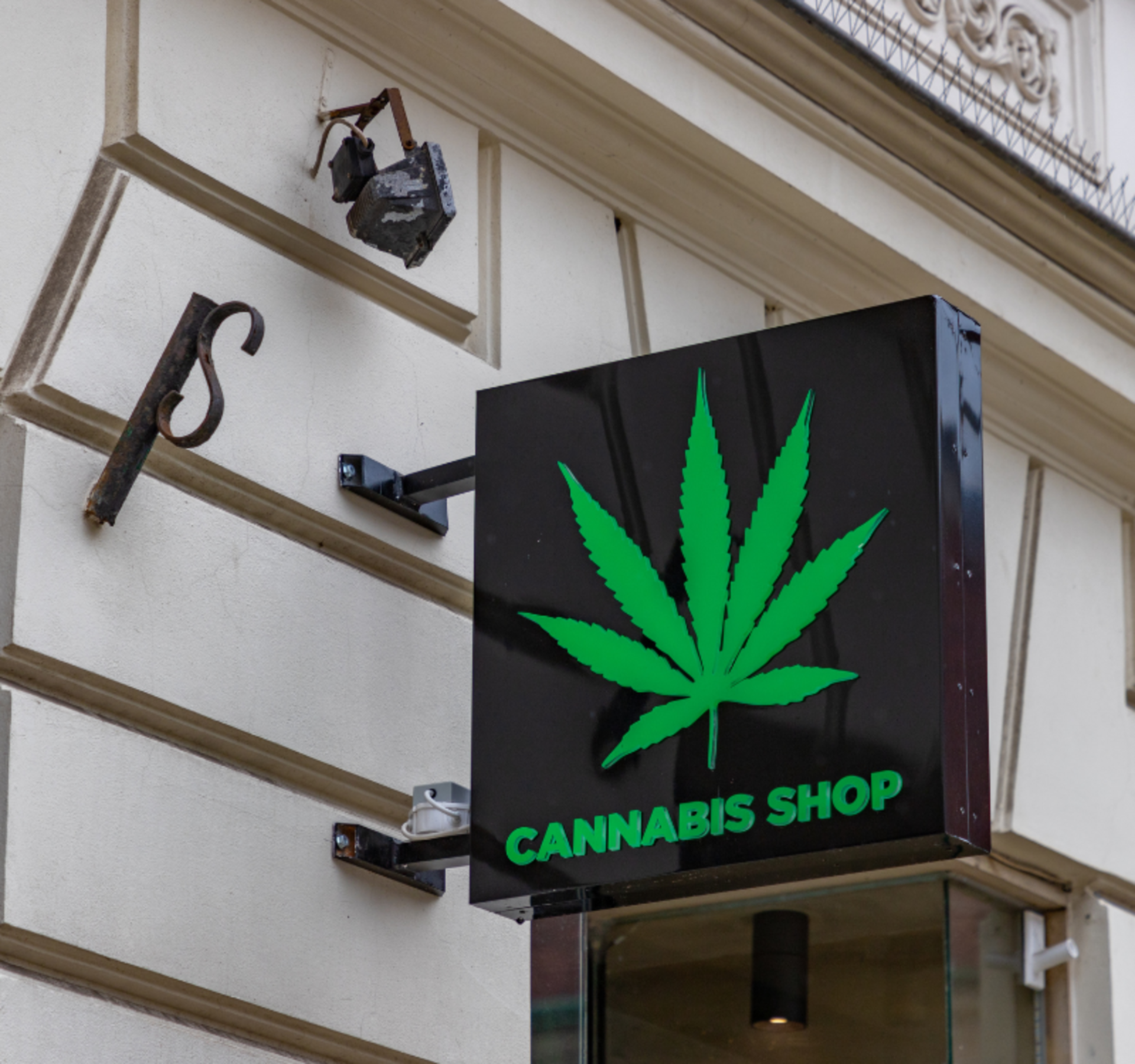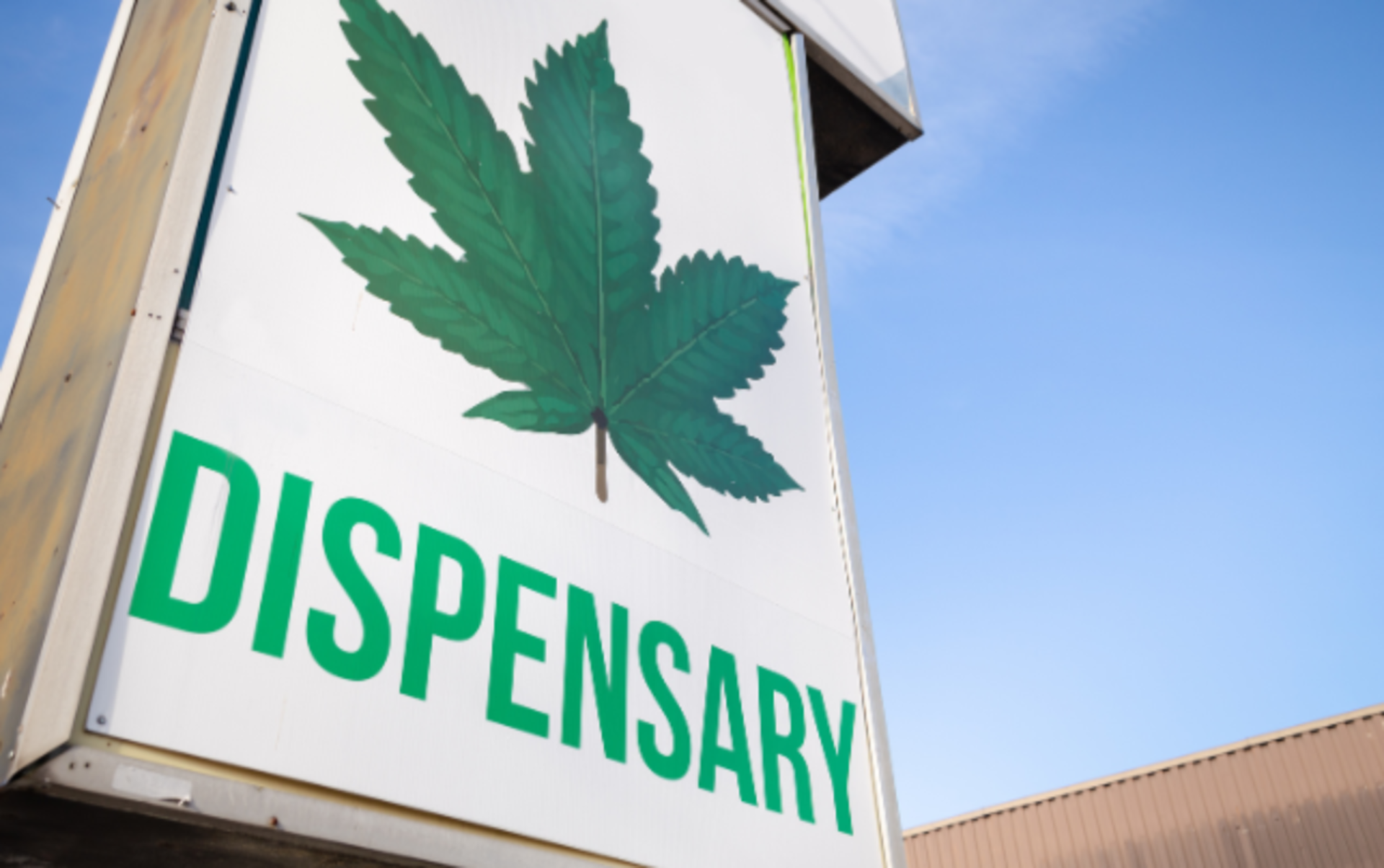
Psilocybin and MDMA, Legal by 2022…Sort of
As corporate and regulatory attorneys with focuses on alcohol and cannabis, we have our eyes set on a developing area of the law involving psilocybin (aka magic mushrooms) and MDMA (aka ecstasy or molly).
Drug-assisted therapy doesn’t mean that patients will be able to get prescriptions for psilocybin and MDMA that they can just take home with them. However, licensed therapists will be able to administer these drugs to patients during therapy sessions. The sessions will be for the treatment, for example, of depression and PTSD, which are the two current conditions for which psilocybin and MDMA, respectively, are being considered by the FDA. But these drugs are also showing promise for other applications, including the treatment of addiction.
What’s happening today with psilocybin and MDMA is reminiscent of what happened with LSD in the 1950s and early 1960s, right up until that drug became the poster child of the anti-drug movement. Before this happened, LSD-assisted therapy showed great promise among the psychiatric community, particularly for alcoholics. Perhaps the most famous story involves the founder of Alcoholics Anonymous, Bill Wilson, who participated in LSD-assisted therapy in 1956, over twenty years after founding A.A. in 1935. Wilson became so interested in LSD-assisted therapy, and its potential benefits for alcoholics, that it was one of the reasons he resigned from the board of A.A. He had to distance himself from the organization he helped create in order to protect it from the bad press LSD was starting to get as a street drug.
Recently, there has been a series of decriminalization measures aimed at drugs like psilocybin, which has a similar chemical structure as LSD and is believed to work by attaching to the same receptors. (LSD appears to dissociate from the receptors more slowly, which may explain its unusual potency.)1 The first of these was a ballot measure passed by voters in the city of Denver, Colorado in 2019, which deprioritized city police enforcement of psilocybin possession. A similar ballot measure was passed this past year (2020) for plant medicines including psilocybin in Washington, D.C. Also last year, voters in Oregon passed a measure decriminalizing all drugs and offering addiction assistance instead of jail time.
Just like with cannabis, however—or, more specifically, “marihuana” (how it’s spelled in the Controlled Substances Act) with 0.3% or more THC—these drugs remain Schedule 1 drugs under the Controlled Substances Act. CBD, which was not previously scheduled (and is still not), is the active ingredient of an FDA-approved drug. This means CBD used in products for human ingestion now requires FDA approval if sold in interstate commerce. If not sold in interstate commerce, the regulation of CBD remains up to the states. Something similar will be the case for psilocybin and MDMA, if approved for drug-assisted therapy. These drugs, if approved by the FDA, will likely be rescheduled by the DEA from Schedule 1 to another schedule of the Controlled Substances Act, which means they will still be pretty regulated by the federal government. It is likely, then, we will continue to see ballot measures or other attempts at city and state levels to deprioritize the criminalization of the use of these drugs outside the practical scope of federal authority. That is, assuming what happened in the late 1960s with LSD doesn’t happen with psilocybin and MDMA, for example. For those who believe, as we do, in being cautiously optimistic for these drugs, particularly for their therapeutic use, the fact that these drugs appear poised to make it all the way through FDA approval is promising. After all, this is something “marihuana” and its various psychoactive compounds have largely been unable to do.
We are monitoring these two drugs closely and plan to provide updates throughout the year and beyond. For now, it’s important to realize that basically none of the plants or chemical compounds that are being “legalized” or “decriminalized” are either legal or no longer criminal at the federal level. Some, like CBD, were never really illegal (except to the extent CBD came from “marihuana” and not “hemp”; the definition of hemp was revised in 2018 to allow the 0.3% of THC). But to the extent non-scheduled compounds like CBD are active ingredients in FDA-approved drugs, there are still legal requirements at the federal level, at least to the extent products including these compounds are entering interstate commerce. If the compounds are scheduled, though, even if they’re on a lower schedule than Schedule 1, then the Controlled Substances Act may preempt state law. This is still the case, for example, with “marihuana” today, despite everything that’s happening at state levels there. It will likely still be the case for psilocybin and MDMA, once they are approved (if they are approved).
Reference(s):
Daniel Wacker et al., “Crystal Structure of an LSD-Bound Human Serotonin Receptor,” Cell 168, no. 3 (January 2017): P377–389.E12, https://doi.org/10.1016/j.cell.2016.12.033.





